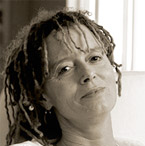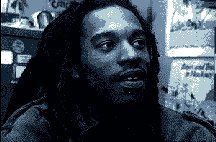Apr
21
Anne Lamott writes and speaks about subjects that begin with capital letters: Alcoholism, Motherhood, Jesus. But armed with self-effacing humor – she is laugh out-loud funny – and ruthless honesty, Lamott converts her subjects into enchantment. Actually, she writes about what most of us don’t like to think about. She wrote her first novel for her father, the writer Kenneth Lamott, when he was diagnosed with brain cancer. She has said that the book was “a present to someone I loved who was going to die.” In all her novels, she writes about loss – loss of loved ones and loss of personal control. She doesn’t try to sugar-coat the sadness, frustration and disappointment, but tells her stories with honesty, compassion and a pureness of voice. As she says, “I have a lot of hope and a lot of faith and I struggle to communicate that.” Anne Lamott does communicate her faith; in her books and in person, she lifts, comforts, and inspires, all the while keeping us laughing.
Dr Benjamin Obadiah Iqbal Zephaniah was born and raised in Birmingham, England. He cannot remember a time when he was not creating poetry but this had nothing to do with school where poetry meant very little to him, in fact he had finished full time education at the age of 13. His poetry is strongly influenced by the music and poetry of Jamaica and what he calls ‘street politics’. His first real public performance was in church when he was 10 years old, by the time he was 15 he had developed a strong following in his home town of Handsworth where he had gained a reputation as a young poet who was capable of speaking on local and international issues.
He loved Handsworth, he called it the Jamaican capital of Europe but although his work had become popular within the African-Caribbean and Asian community he thought the town was too small, he was not satisfied preaching about the sufferings of Black people to Black people, so he sought a wider mainstream audience. At the age of 22 he headed south to London where his first book Pen Rhythm was published by Page One Books. This was a small, East London based publishing co-operative that were keen on publishing poets who were rooted in their communities. They published Zephaniah when others failed to tune into the new poetry that was about to emerge. The book sold well going into 3 editions but it was in performance that the Dub (Reggae) Poet would cause a revolution, a revolution that injected new life into the British poetry scene and attracted the interest of many mainstream publishers, many of whom had sent refusal letters to him only 12 months earlier.









